What does it take to be a time trial world champion? We asked Rohan Dennis’s coach to find out
Neal Henderson has coached Dennis to his biggest successes
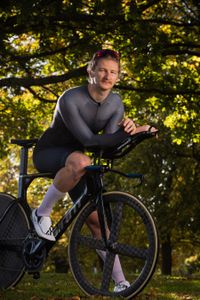
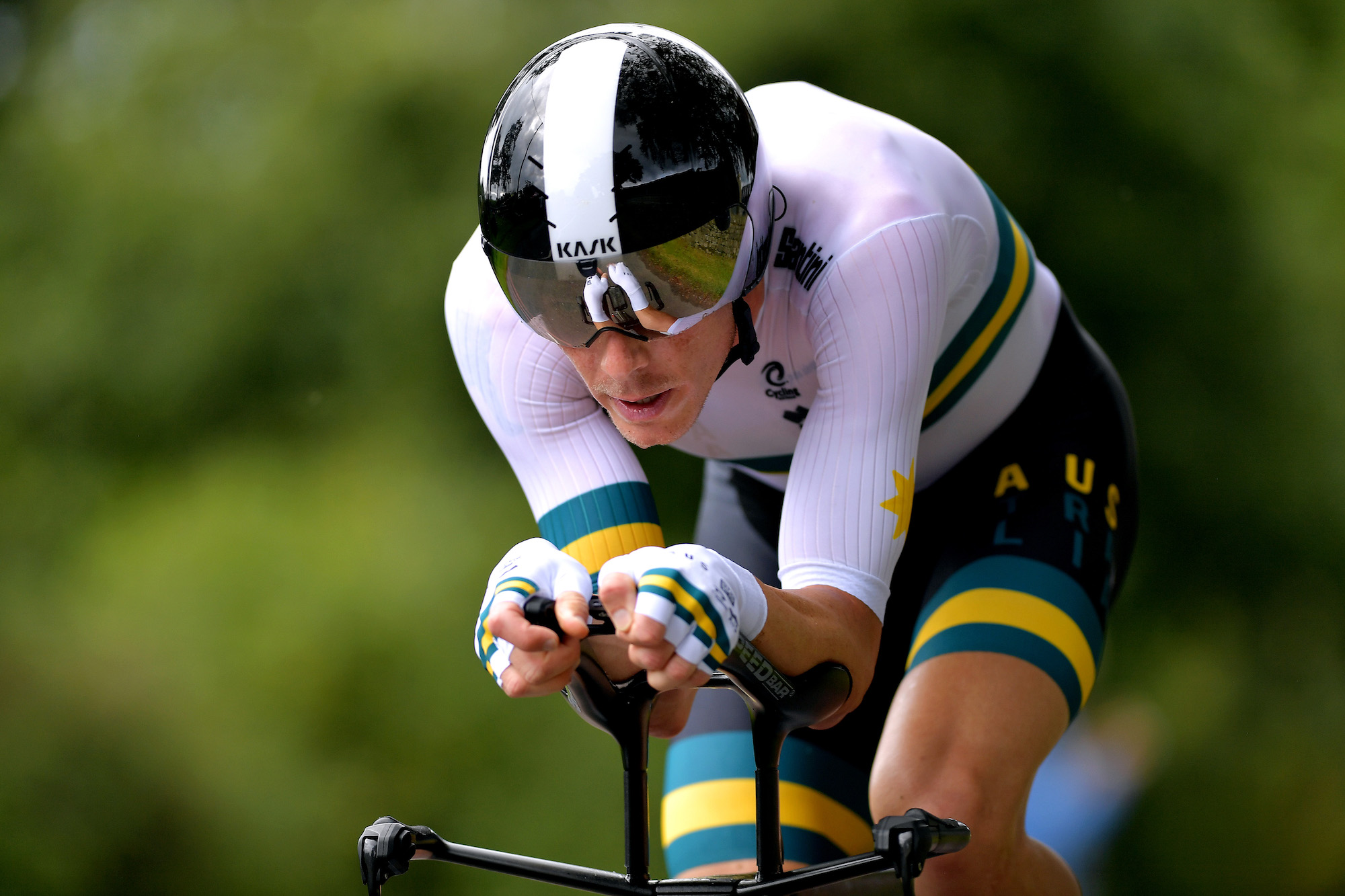
“Rohan is in some ways a perfectionist. He’s highly driven and expects everyone to be as professional as he is,” says Neal Henderson, an endurance sport coach with a remarkable, if understated, palmarés.
Henderson has worked with some of the biggest stars in professional cycling, coaching a selection of world champions and is the only coach to ever train both a male and female athlete to World Hour Records.
The former professional triathlete is head of sports science division for Wahoo Fitness, chief science officer for their indoor training app The Sufferfest, and coaches athletes through Apex Coaching and Consulting, based in Boulder, Colorado.
During a short visit to the UK in February Henderson sat down with Cycling Weekly to talk about arguably his most high-flying athlete, reigning world time trial champion Rohan Dennis.
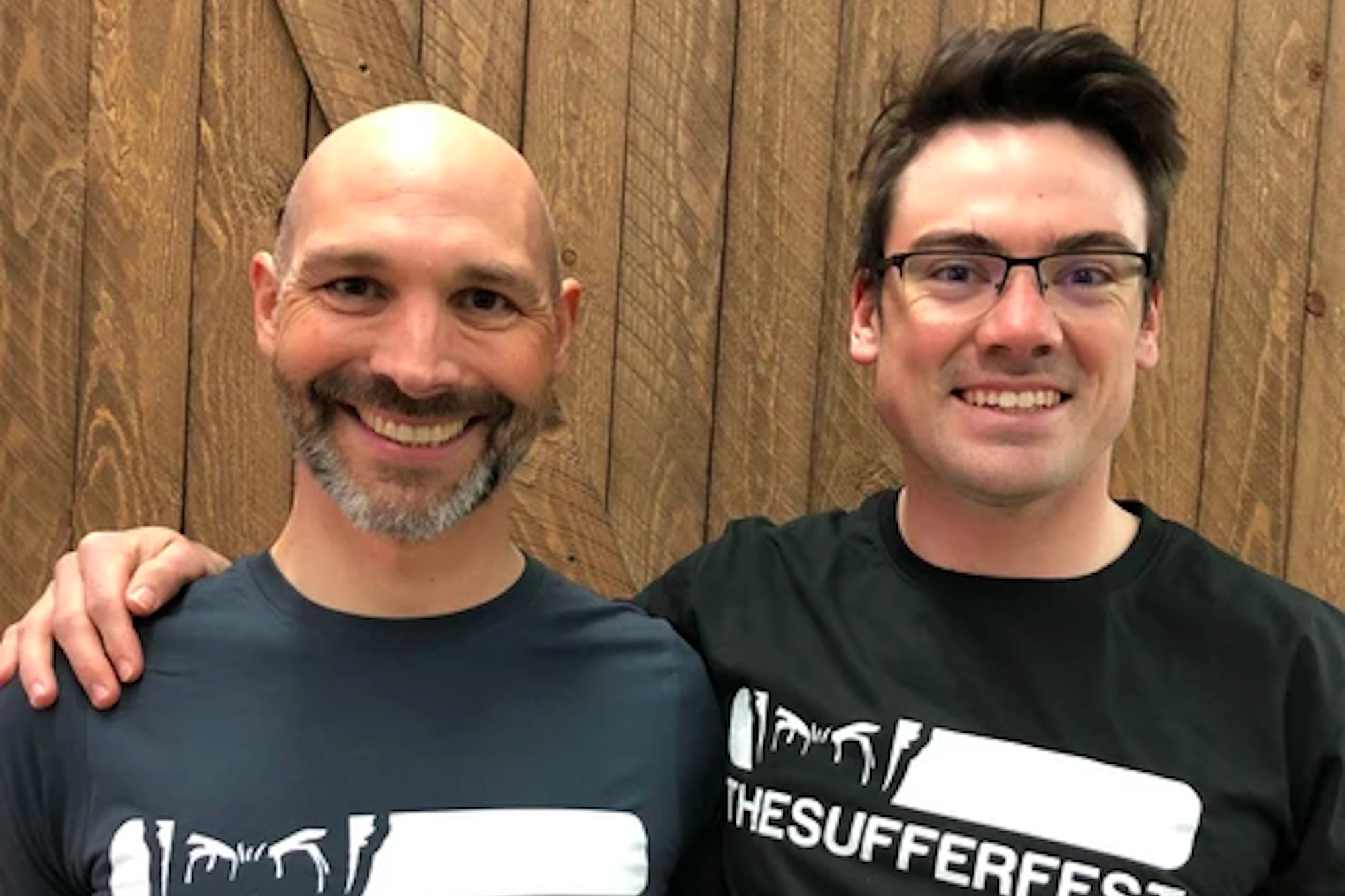
Dennis vs Phinney
Henderson and Dennis first met back in 2008 at the Junior Track World Championships in South Africa, while Henderson was coaching then-rising time trial star Taylor Phinney.
In the finals of the individual pursuit, Phinney and Dennis went head-to-head, with the young American Phinney emerging triumphant.
The latest race content, interviews, features, reviews and expert buying guides, direct to your inbox!
But it wasn’t until 2012 when Dennis and Henderson teamed up as a coaching duo.
Since then the Australian rider has had some phenomenal success, including two time trial world titles and a brief spell as World Hour Record holder in February 2015, but the road has been far from smooth.
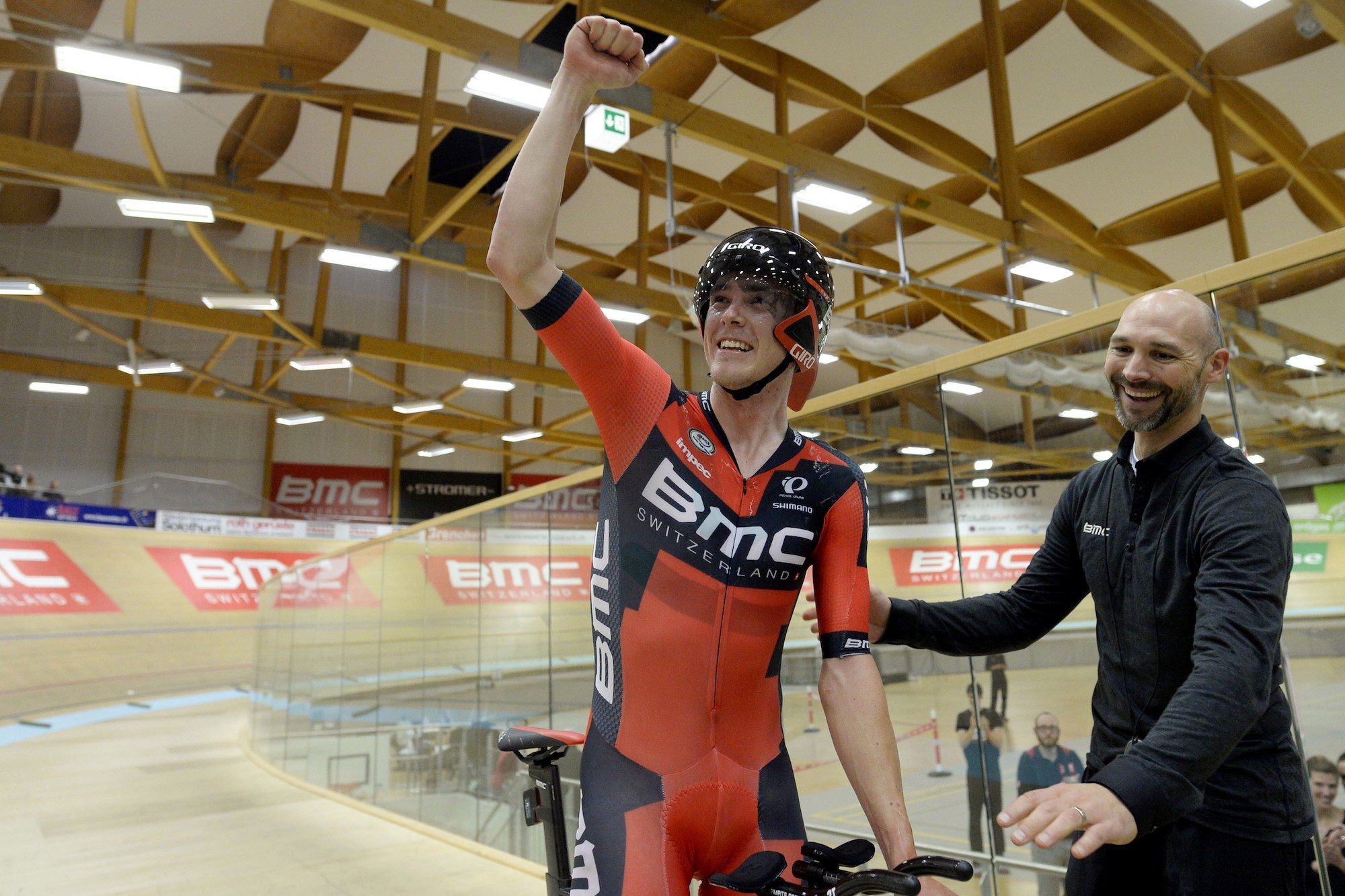
“There’s an evolution of a rider over time,” Henderson said, recalling the early years working with Dennis.
“He didn’t have that instantaneous success at World Championships and time trialling – not that he had failures by any stretch, but he was close on a couple of occasions that just didn’t work out.”
World Championship woes
Dennis, now 29, rode his first elite Worlds TT in 2013 aged 23, making his mark with a 12th place as Tony Martin rode to victory in Tuscany.
He then finished in the top 10 at the next four World Championships, making a huge effort in pursuit of the win in Spain in 2014, but fading in the closing stages to take fifth, then suffering a puncture in 2015 in Richmond, finishing sixth.
But Henderson says the lessons learned at the Worlds only spurred Dennis on: “He actually went for it in 2014 in Spain. That year he went and threw down, put himself in a medal position and faded out a little bit towards the end – that’s actually what helped provide fuel for his Hour Record attempt in 2015, to be able to learn pacing even better.
“Then at the Worlds in 2015 he had a flat and a bike change, and his spare bike didn’t have a computer and didn’t have a water bottle so he rode the last 40km blind, under-hydrated and under-fuelled.”
Dennis’s luck continued to ebb and flow over the next few years – with the Hour Record, winning the opening stage of the 2015 Tour de France, taking the yellow jersey, then missing out on the silver medal at the 2016 Rio Olympics when his handlebar broke, forcing him to settle for fifth after a bike change.
Then in 2018, the dream was finally realised as Dennis took his first World Championship time trial title, beating the reigning champion Tom Dumoulin in Innsbruck by an enormous 1-21 margin.
Long-awaited glory
The success didn’t end there.
Amidst a turbulent relationship with his Bahrain-Merida team, which saw Dennis drop out of the Tour de France, he followed up with another forceful win at the 2019 Worlds in Yorkshire.
Henderson said: “In 2018 he put everything together, just an amazing everything - start to finish it was done well and he had a huge result.
“Last year as we know there were some challenging things with team situation and whatnot, but he buckled in for seven weeks on his own, doing the training required.
“He nailed the day and walked away. With all the pressure of having won the world's a year before, it takes a pretty amazing ability to do that.”
Henderson added: “Winning the first world title is hard – there’s never any easy ones and it took him several years to get it right. But then to repeat that is an even more special race honestly.”
What sets Dennis apart?
But what does it take to be a world champion time triallist?
Sitting in the Wahoo offices near the bank of the Thames in south west London, Henderson explained why Dennis stands out from the pack.
“He’s got a massive drive and ability to go to the limit,” Henderson said, “and then even over the limit, but still hold on and not just fade out.
“Your body is capable of doing things, but your mind is really what allows you to access another level.”
Henderson said that as a young rider, Dennis hadn’t mastered his abilities, often putting himself too far into the red during training and not getting the best out of himself in races.
Over the years he learned not to go as deep in training, saving his real effort for his big goals.
Henderson said: “You also to have a certain ability, right? He has natural ability, but couple that with good training, execution on the day, and the ability to focus, it’s pretty special to sustain that over time.
“Without success over a few years, he didn’t give up and just say ‘I’m not going to do this anymore’. He kept that fire and built it even more, which is not typical.”
How to train for a World Championship time trial
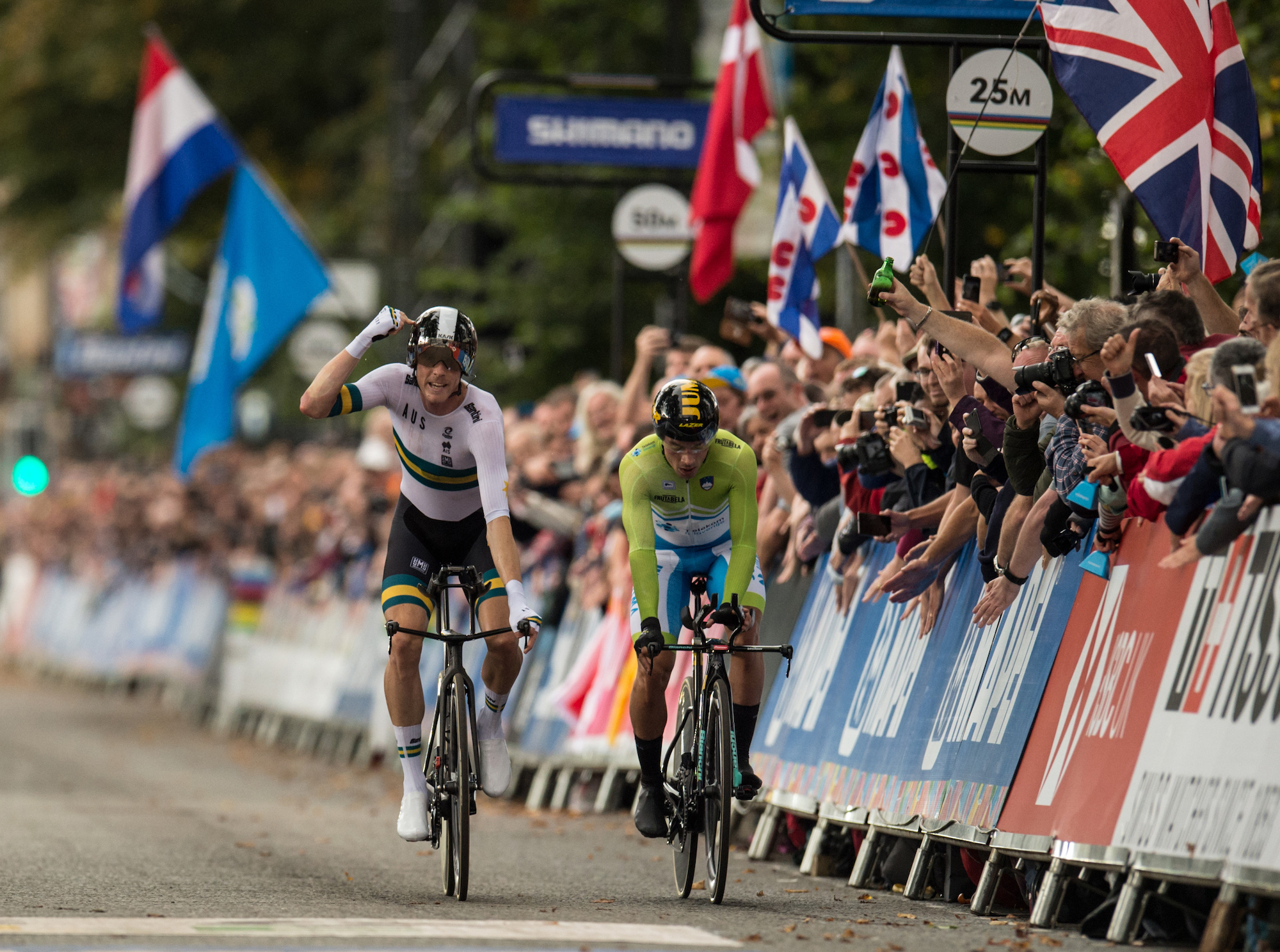
So what did the training look like for the Yorkshire Worlds?
With Dennis’s background in track, he has always had an enormous engine for three and four-minute events like the individual and team pursuits, but that power needed to be cultivated to last for the one-hour, 54km rolling course in Yorkshire.
First Henderson and Dennis focused on pushing up the maximum aerobic power, or V02 max, ceiling in the initial phase, and then moved on to building the sustainability, which is a longer process.
Henderson said: “In that seven-week block leading up to the Worlds, he didn’t do a single week over 20 hours of training. Most people think you’re lying.”
The pair also looked closely at the Yorkshire course to see where Dennis would need to push above his threshold power, particularly the significant hills along the route.
To prepare for those efforts, Dennis trained with over-threshold sessions at his max aerobic power and anaerobic capacity, with short 10 to 20-second intervals with limited recovery.
While Dennis did also have to do some steady state endurance rides of five or six hours in preparation for his support role in the World Championship road race, Henderson knew that his rider cannot perform at his best with a heavy training load.
Henderson said: “Having worked with him now for several years we were able to find that 30 hours digs him a hole. He's done that that in a Grand Tour and he's not getting faster, I can tell you that. It's beating him down.
“Making that training specific to the demands of the course and being able to produce that power in the arrow is really important.”
>>> ‘Rohan Dennis memes are my favourite’: Meet the ex-conti rider meme-ing the peloton
As a clear example of Dennis’s perfect form in Yorkshire, Henderson points to the moment he caught his Slovenian rival Primož Roglič on a 20 per cent climb with 10km left to race – Dennis powered past in the aero position while Roglič struggled to keep up while out of the saddle.
Henderson said: “That’s a very big difference in cost from a physiological standpoint – standing and using the entire body versus staying locked it.
“Some of that is physical and mental preparation, it keeps the heart-rate down, stay in control and [Dennis] was able to continue on.”
What next for Dennis?
Four days after his second World Championship time trial victory, immediately after the conclusion of the Worlds road race, Dennis’s Bahrain-McLaren team announced they had terminated the rider’s contract, after a season of conflict between Dennis and the team.
For 2020 he has signed with British WorldTour squad Team Ineos, later joking that his paycheque isn’t as big as it used to be.
On paper Ineos looks like a good fit for Dennis, with their high-level professionalism, keen eye for technical details, and long history of success in time trials.
How does Henderson see the move?
“They’ve done a fantastic job and Rohan is in some ways a perfectionist,” he said.
“He’s highly driven and he expects everyone to be as professional as he is. The fit that we see in the team is part of that – everyone there is doing their job well and that helps foster a good feeling.”
Dennis’s major targets for 2020 had been the Olympic time trial in Japan, and then a return to the World Championships to try for a third consecutive title – but with Olympics now postponed until 2021 and no clear indication of when bike racing will return, who knows when we’ll see Dennis as his peak once more.
Alex Ballinger is editor of BikeBiz magazine, the leading publication for the UK cycle industry, and is the former digital news editor for CyclingWeekly.com. After gaining experience in local newsrooms, national newspapers and in digital journalism, Alex found his calling in cycling, first as a reporter, then as news editor responsible for Cycling Weekly's online news output, and now as the editor of BikeBiz. Since pro cycling first captured his heart during the 2010 Tour de France (specifically the Contador-Schleck battle) Alex covered three Tours de France, multiple editions of the Tour of Britain, and the World Championships, while both writing and video presenting for Cycling Weekly. He also specialises in fitness writing, often throwing himself into the deep end to help readers improve their own power numbers. Away from the desk, Alex can be found racing time trials, riding BMX and mountain bikes, or exploring off-road on his gravel bike. He’s also an avid gamer, and can usually be found buried in an eclectic selection of books.
